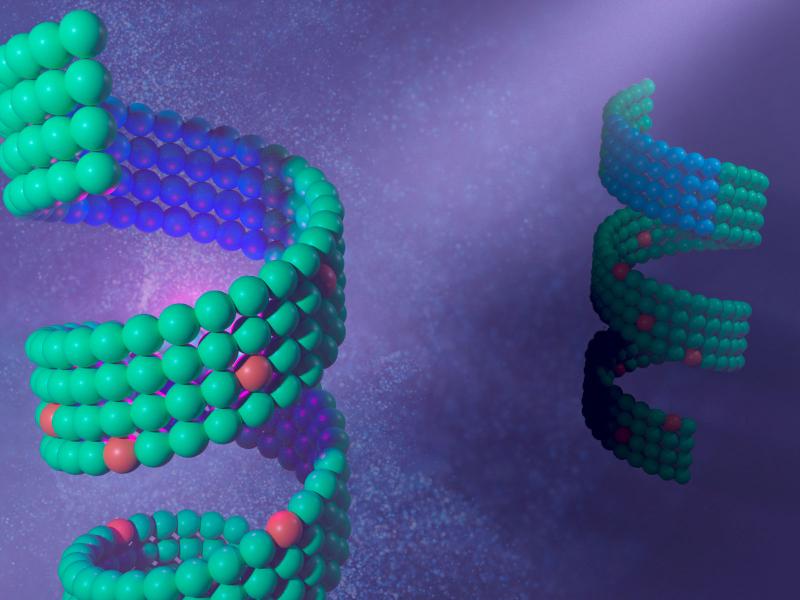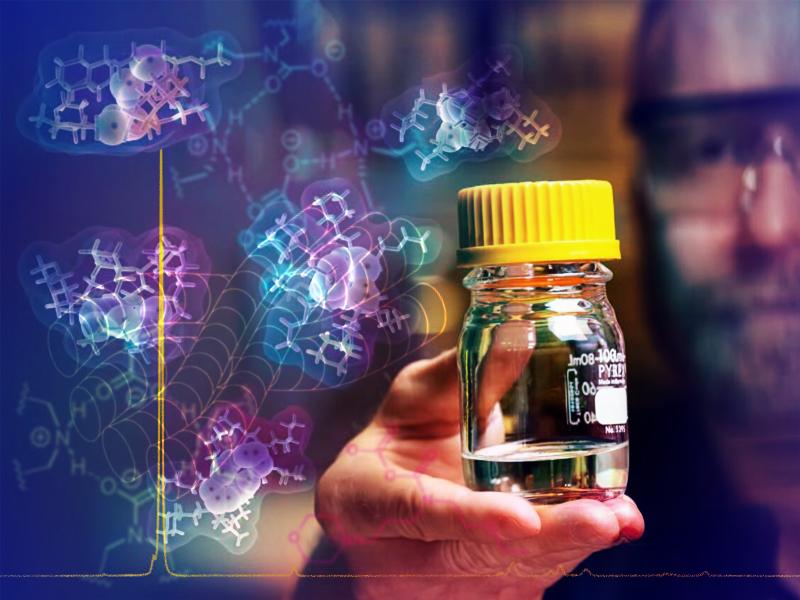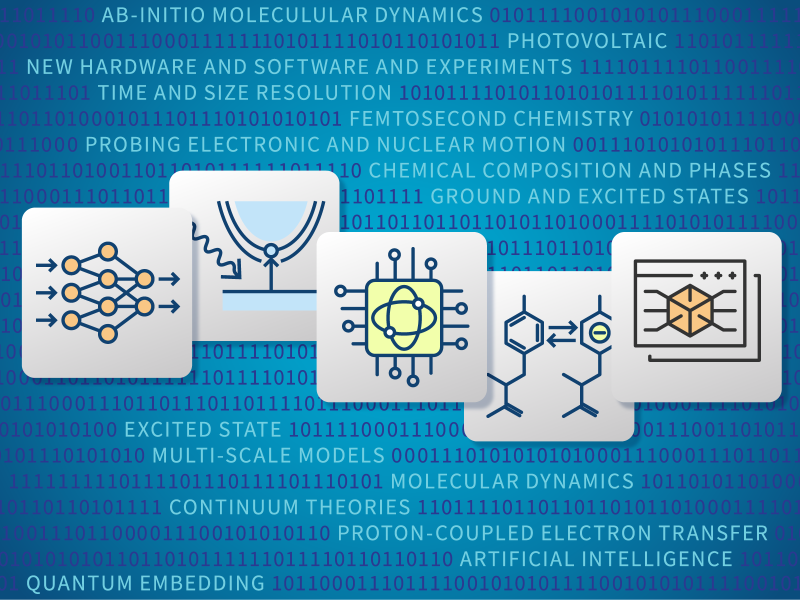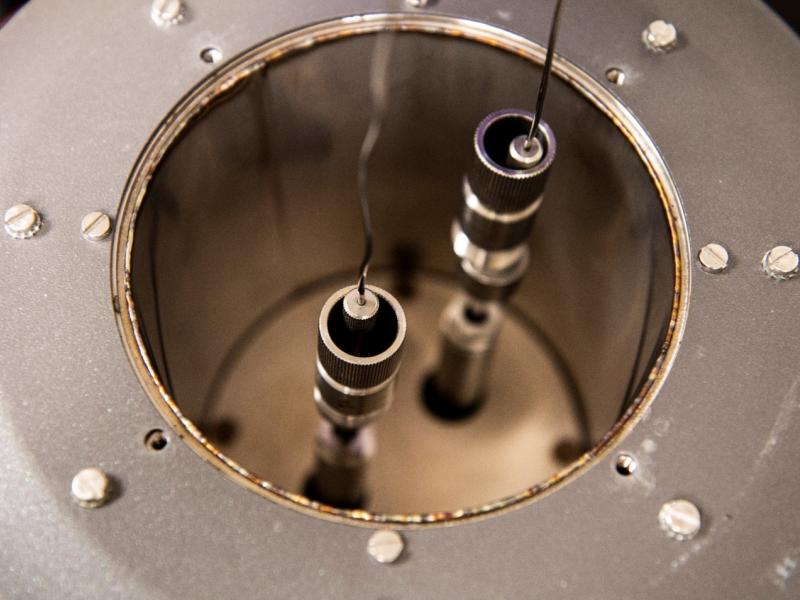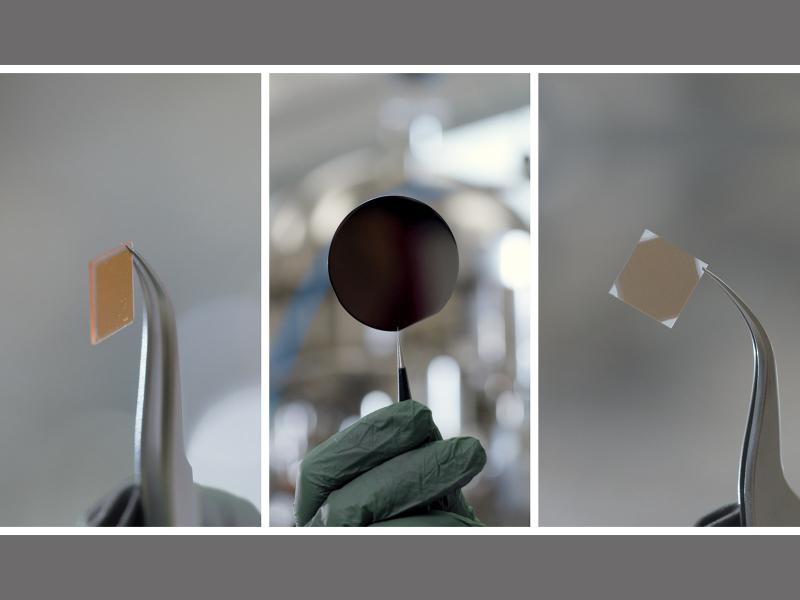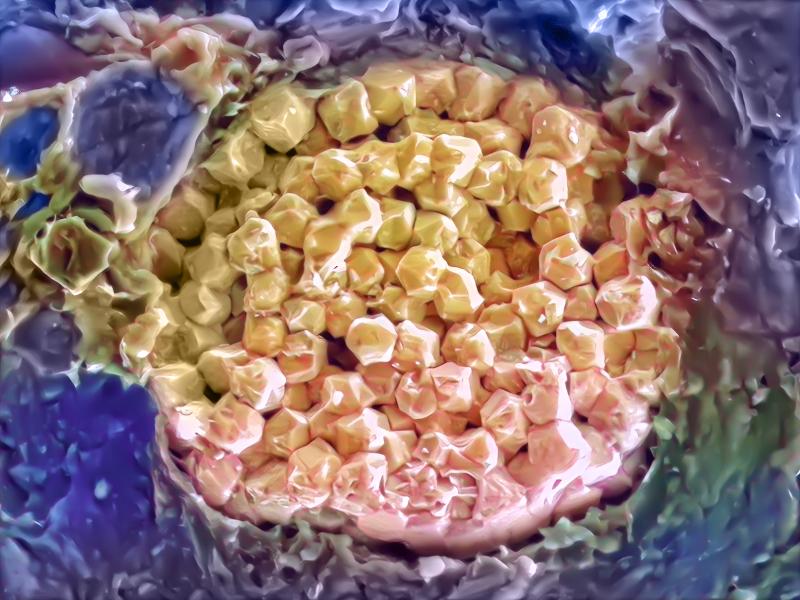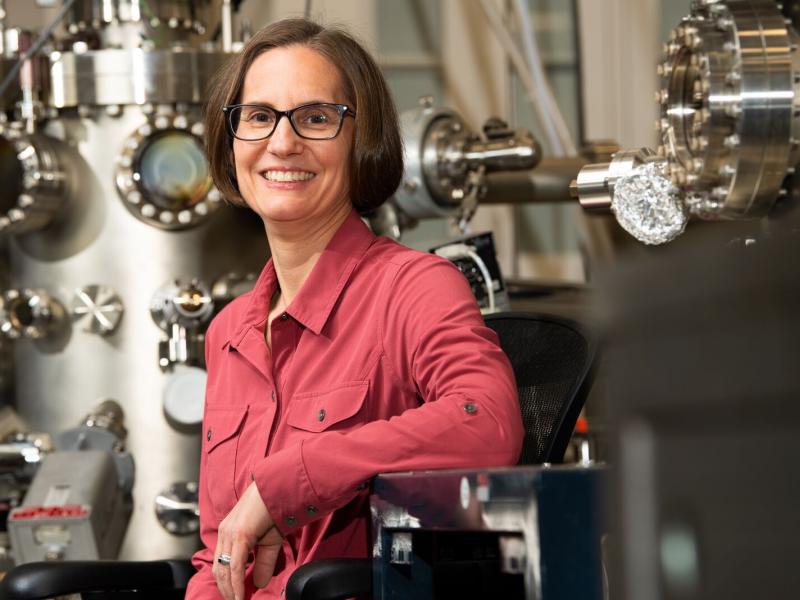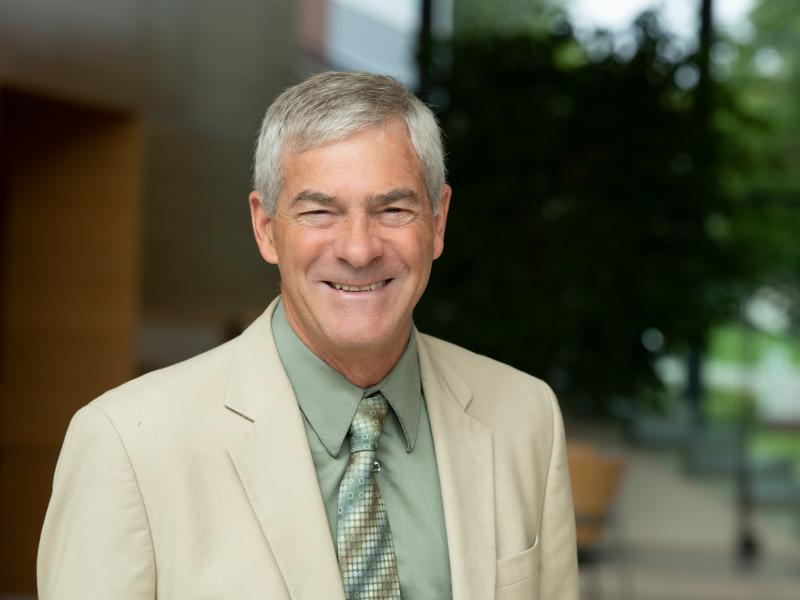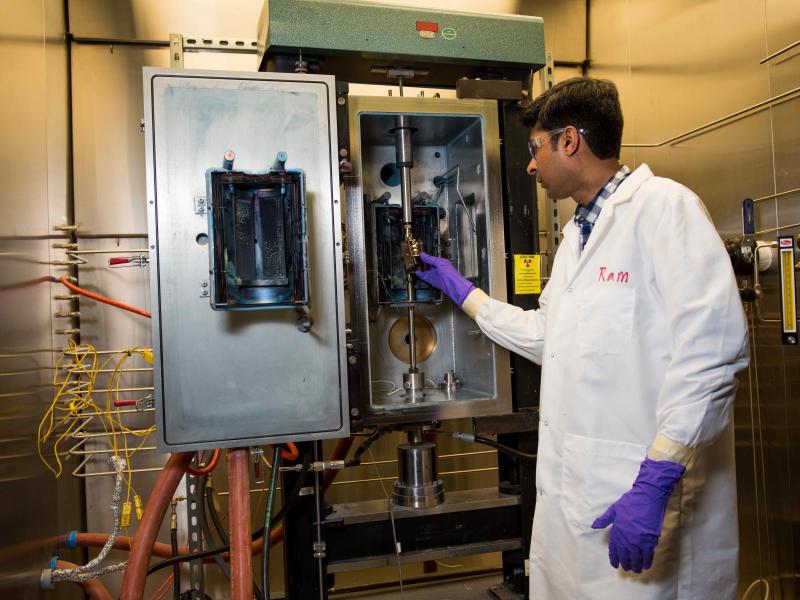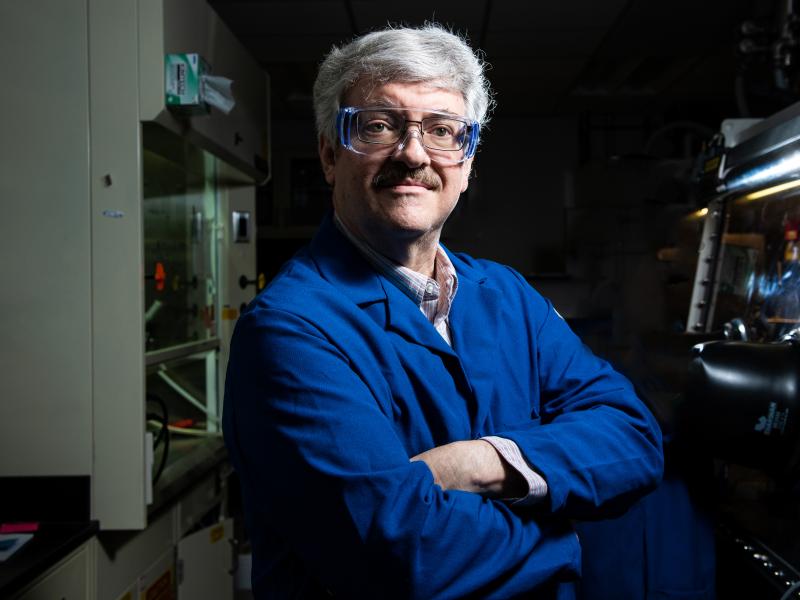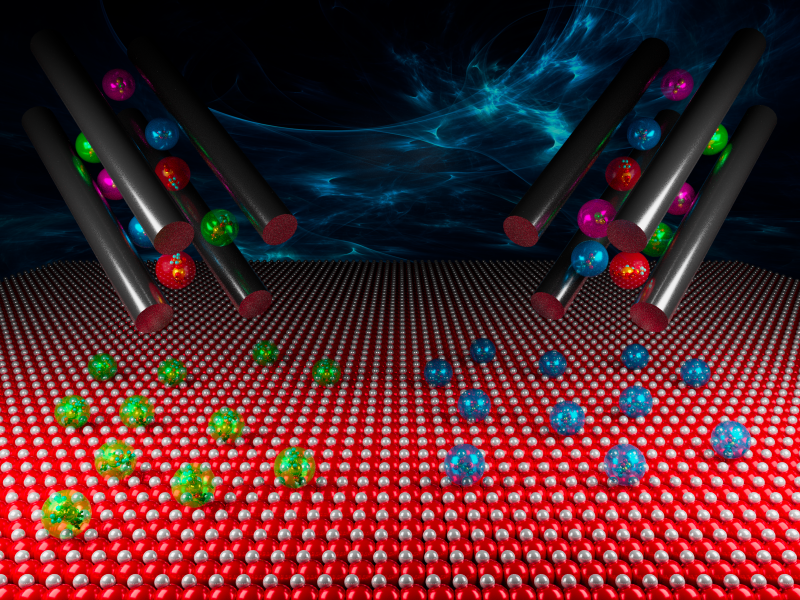Physical Sciences Division
Physical Sciences Division
The Physical Sciences Division (PSD) stewards a broad research portfolio encompassing basic and applied chemistry, catalysis, materials science, geosciences, and chemical physics. Our research strives to refine our molecular-level understanding of complex, multiphase systems, and phenomena. We discover and apply new knowledge to address major national priorities and needs through the development of new energy storage technologies and the creation of high-value fuels and materials from abundant wastes. A major facility was dedicated in the fall of 2021 at PNNL, the Energy Sciences Center, as an important resource where PSD’s fundamental scientists and applied researchers meet and collaborate to accelerate advances in energy technology.
PSD scientists work in close partnership with sponsors in the U.S. Department of Energy’s Basic Energy Science program, Office of Energy Efficiency and Renewable Energy, Hydrogen and Fuel Cell Technologies Office, Bioenergy Technologies Office, and the Vehicle Technologies Office, to advance the U.S. Department of Energy's mission priorities. The division is organized into four research groups:
Catalysis Science
Catalysis is a particular strength of PNNL, where researchers are taking advantage of the Laboratory's historical emphasis on chemistry and chemical engineering. Our researchers explore and develop the chemistry and technology of catalyzed processes that are key to energy security, including storing energy in chemical bonds and increasing the efficiency of chemical conversions. The Institute for Integrated Catalysis advances the science and technology of catalysis to address global challenges in the energy supply. Our catalysis programs range from fundamental science to process development, with ongoing concentrations in catalysis synthesis, characterization, and theory and simulation.
Chemical Physics and Analysis
The Chemical Physics and Analysis group seeks to understand the underlying chemical physics of complex processes relevant to energy production and use, environmental remediation, waste management, and national security. Our approach is to develop advanced experimental and theoretical tools to make highly quantitative measurements of the molecular-level processes that lend themselves to rigorous and accurate theoretical modeling and simulation. The goal is to provide predictive models that lead to a mechanistic understanding of complex processes.
Materials Sciences
The Materials Sciences group aims to develop predictive understanding and establish control of synthesis pathways of materials relevant to energy capture, conversion, and storage, as well as materials systems pertinent to quantum information technologies. Our approach combines a broad range of synthesis techniques, in situ and ex situ microscopic and spectroscopic characterization, tomography, computational modeling, and data analytics. This research provides insight into complex relationships between materials building blocks, synthesis conditions, and the resulting structure, properties, and functions, and underpins the development of novel energy, computing, and communications technologies.
Geochemistry
The Geochemistry group endeavors to understand the reactions at complex mineral and fluid interfaces in geochemical and environmental systems at the Earth’s crust. Our approaches span molecular to mesoscale regimes, often by integrating laboratory-based experiments, multi-modal characterization, and theory and computational simulation. Impacts from new knowledge about key reaction mechanisms and rates include improved models for predicting water quality and resources, safe and efficient energy and mineral resource extraction, nutrient availability, contaminant fate and transport, and storage of energy wastes in the subsurface.
Recent Features
The Physical Sciences Division stewards a broad research portfolio encompassing basic and applied chemistry, catalysis, materials science, geosciences, and chemical physics.




